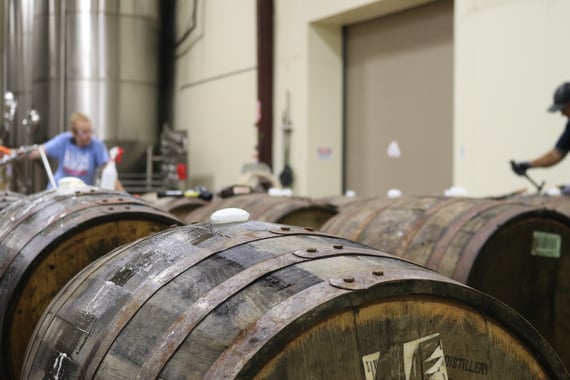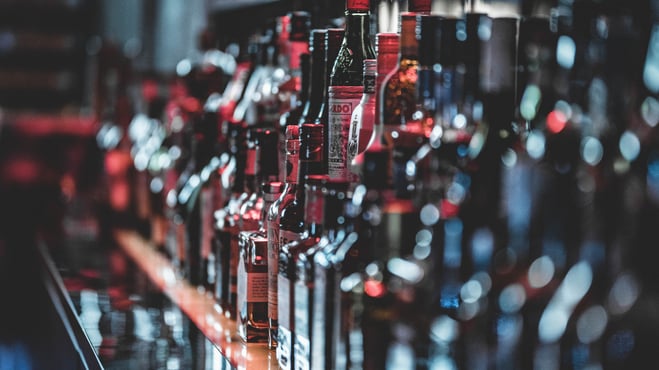Whiskey making is a complex and time-consuming process that involves various stages, from selecting the right ingredients to aging the spirit to perfection. While traditional methods have been the norm for centuries, new technologies such as artificial intelligence (AI) are now being used to assist in the whiskey-making process. In this blog post, we will explore how AI can assist in the whiskey-making process.
AI can assist in the selection of ingredients
The selection of ingredients is one of the most critical aspects of whiskey making. The quality of the grains, water, and yeast used in the process can significantly impact the final product. With AI, distillers can now use data analysis tools to optimize the selection of ingredients. For instance, AI algorithms can analyze the molecular structure of grains and water to determine their suitability for whiskey production.

AI can optimize the production process
Whiskey production involves multiple stages, such as mashing, fermentation, and distillation. AI can assist in each of these stages by optimizing the process to produce consistent results. For example, AI algorithms can monitor the temperature and pressure during distillation and adjust the process to maintain optimal conditions. This ensures that the whiskey produced is of a consistent quality and taste.
AI can improve the aging process
Aging is one of the most critical stages in whiskey production. The taste and aroma of the whiskey develop during the aging process, and the quality of the barrels used can significantly impact the final product. With AI, distillers can now monitor the aging process more accurately. AI sensors can be placed inside the barrels to track the temperature, humidity, and other environmental factors that affect the whiskey's aging. This data can then be analyzed to optimize the aging process and produce a more consistent and higher quality product.

AI can assist in quality control
Quality control is essential in whiskey production. AI can assist in this process by analyzing the various stages of production to identify any defects or inconsistencies. For example, AI algorithms can analyze the colour and aroma of the whiskey to detect any variations in the product. This ensures that the whiskey produced meets the required standards and is of the highest quality.
In conclusion, AI can assist in the whiskey-making process in various ways. From optimizing the selection of ingredients to improving the aging process, AI can help distillers produce consistent, high-quality whiskey. As technology continues to evolve, we can expect to see more advancements in the use of AI in the whiskey-making process, making it an exciting time for whiskey lovers and distillers alike.



.png?width=75&name=potstill-e1500501269525%20(1).png)
